|
~ The LAB goes more in depth on giving back outside the coffee shop doors. ~ This blog is a spin off of a recent NPR article Jason was interviewed for on Suspended Coffees. We were very thankful for the opportunity to comment, and enjoyed talking to the writer, but we felt like there was a lot of room to expand. The following blog is lengthy, but if this topic interest you, it's worth the read. Adults without homes and living on the streets continues to be a struggle in this country. Jason interviewed several specialty coffee industry sources for this topic - Kenny Sipes, founder of Roosevelt Coffeehouse in Columbus, Laura Clark, Kansas City barista with Kaldi's Coffee and artist, Glenn Winkler, owner of Homer's Coffee House in Overland Park, KS, and Tim Stiffler-Dean, owner of brew the way and barista at Kofenya Coffee in Oxford, OH. Giving can be defined in many ways, but a cup of coffee can bring energy, hope, warmth, comfort, and substance. Below you'll see some of our snipets with these four on what they experience and share within their place of occupation. The outside of the new Roosevelt Coffeehouse on a cold winter day. What is the most inspiring aspect of being a part of your local community with coffee as a vehicle? Glenn - Watching how the barista/customer interaction can become something deeper and more meaningful than a simple commercial transaction, and it often happens pretty quickly. Most commercial transactions are pretty simple - the consumer pays, the other person provides a good or a service, and everyone moves on. But what inspires me is putting a new barista on the front lines of serving someone's morning cup, and then watching them become involved in a person's life in a positive way. I have watched friendships build, artistic endeavors being shared, and people connecting in a way that is human rather than economic. Kenny - We are a non-profit social enterprise specialty coffee shop. We share all of our profits and half of our tip jar with organizations working to fight the injustices of hunger, unclean water, and human trafficking. We work with local, national, and international organizations. Our current favorite answer to this question would be our bringing awareness to the issue of human trafficking. Locally, there is an organization called She Has a Name Cleaning that employs women coming out of human trafficking. We have been able to financially support them, but the best part is bringing our clientele into an awareness of them. Through which we have seen customers hire these women to do their house cleaning. Coffee for us leads to relationships which leads to awareness which leads to engagement which leads to redeeming and saving lives through life change. We are also next to a homeless shelter where customers will buy those hanging outside a coffee. I think the best part of the close proximity is that it humanizes the less fortunate to those who might not engage with them otherwise. Laura - Our shop is used not only for business meetings but as a place for people to come get coffee and meet new people that will later become their best friends. It's really great to see communities grow just from going to their local watering hole everyday. A Kaldi's Coffee customer receiving a pay it forward drink at the Briarcliff KC location. Do you experience customers giving back to other customers, or individuals in need near your shop? If so, can you share a good example or two? Glenn - Homer's has so many loyal, generous customers, and baristas, that it has become one of the most cherished parts of my work. We often have customers buy gift cards, or leave full punch cards for people in the neighborhood who have fallen on hard times. We've had lots of people raise money with benefit concerts and coat drives, but this story stands out to me above the rest. In 2014, a regular customer, Heather, suffered from a disease known as HPS informed me she was moving to Washington, D.C. to be closer to a hospital as she prepped for a lung transplant. She needed about $10,000 to move, get an apartment, and cover some debts and medical bills before she could get there. When Homer's staff and community got word of this things moved quick. 2 weeks later we hosted a benefit concert for her with music provided by staff members and myself. Baristas donated their tips, sold homemade art, and we asked our patrons to help her on her way out of town. We didn't raise $10,000, but we still raised almost $2,500 for her. Handing her that check was one of the most rewarding things I've done. A Homer's barista or manager might not have $2,500 to give, but we have a voice and a community. Together, we can reach many and pool resources to make a big impact. Heather keeps up with us regularly. She's in Virginia, and has remained healthy enough to avoid a transplant. Laura - We have customers paying for the drinks behind them. We have a drive-through at the Kaldi's Briarcliff location, and it's really fun to see people's reactions when their drinks are paid for. They are usually more than willing to pay for the drinks behind them even if it costs more than what their drink would have cost. One thing I love about the community is that we have a lot of people that help the less fortunate in our area. Liz helps out at the Food Pantry once a month at a church near Briarcliff. Another regular, Lyndy, hosts parties and projects for the kids in her neighborhood. Tim - On a daily basis. Our Pay It Forward program has been a big hit. Here's how it works: A customer walks in with a few extra bucks and purchases a Pay It Forward Token and places it in the jar. Later that day, someone else might come in for a coffee, but their card gets declined or they had less cash than they realized. This happens a lot with students at Miami University. So they take a token out and get a free small drink of their choice, whether a black coffee or a smoothie. Left: Tim Stiffler-Dean with fiance Leah at Foundry Provision on a Caffeine Crawl event. Right: Marcus, a faithful customer at Roosevelt. What changes would you like to see in your community to make the living conditions better, full of more hope, more equal, less judgemental, etc.? Can a coffee shop play a role in that? Tim - In my town we have quite a division between students and “townees”. At Kofenya we see all of those people on a daily basis, but outside of Kofenya the two groups rarely see each other. In fact, there is sometimes a bit of animosity between the two groups. In Oxford, we do have Section 8 housing complexes, trailer parks, and a population of homeless citizens. We also have students that come from incredibly affluent lifestyles and families who easily turn a blind eye to those issues. On top of that, many students use coffee like a fashion accessory, so they buy from one of the 6 Starbucks shops around the small town and on campus. The students are young and still finding their way in the world, so they need someone to teach them about what's out there. I'd love to see the Oxford townees use our coffee shop as a hub for events, activities, and outreach programs. By creating an environment that connects these two groups, we can bridge the gap between the knowledge and experiences of the townspeople with the passions and energies of students, and hopefully make movements that product a positive change in the community. It's all about education - and the best way to educate young people is by meeting their level of excitement for life with your own excitement for service of others. Glenn - There are so many things that I would love to see changed in our culture, but I'll focus on one. One of the beautiful things about coffee shops, is its about face-to-face interaction. You walk in the door, out of your car, make an order, and wait for a person to provide your drink. You sit and converse with old friends, discuss books, religion, movies, and share your lives. Often, with online discussion, discourse between people has become harsh, partisan and bigoted. People bicker about gun laws and basketball teams while digging into them and not listening. I think the simple face-to-face communication breaks down those differences. Looking into someone's eyes makes them a real person. I wish more of us embraced that when looking at differences between people. The more you commit to being real friends with a person who has a different faith or lifestyle than you, the more people who share those beliefs become people. I think coffee shops are the perfect incubator for people to share different ideas in a loving place. Kenny - That is one of our goals. We want to be a centerpiece of awareness of the injustices we can all agree need to be changed. If we can mobilize a community around not wanting to see anybody starve, die of water-borne illnesses, or lack freedom we will have succeeded. This has birthed itself in many ways. Creatives brainstorming creativity to make impact in these areas. Hosting meetings from the Governor's faith based office to Human Trafficking commissions, to water outreach orgs. Giving is giving. Even a cup of coffee can change someone's day for the better. Share an example where stopping in for coffee at your shop has possibly turned someone's life around, at least for that day. Laura - A most recent example is that a mom came through the drive through. While she was giving us her order you could hear one of her children screaming in the back seat. When the barista I was working with made eye contact we knew that we were going to give this drink to her for free. The look she gave me when I told her that the drink was free, and that I added an extra shot was priceless. She was happy, relieved, and extremely grateful. I knew because she came back the next day and thanked us. I love that as a barista at Kaldi's Coffee they give us the ability to give out free drinks when we see necessary. If someone looks like they are having a bad day we have that ability to give their drinks to them for free. Kenny - One of our goals is to make people feel like family. We want to know about their victories and losses. This is part of the reason we have a Modbar set up. It opens up our space so all baristas/employees are personally engaging every customer. This philosophy has bred many opportunities to help people. There was a young lady who was struggling with a ton of issues leading to anxiety and depression. The founder sat down with her one day to hear her story. This led to this young lady finding hope in the atmosphere of The Roosevelt. She is now hopeful and is invested in helping others, including providing coffee for some local homeless sometimes. This kind of stuff happens quite a bit here. Tim - I buy a Pay it Forward Token every Monday at my shop. I don't always know the people that use it, but I know that these small moments of joy can have a profound affect on a person's day. There was a young lady who came into my shop once who had just gone through a terrible breakup. She came to the counter, asked for a cappuccino, swiped her card, and got declined. She looked utterly defeated. I reached in the token jar, pulled one out, and said, “Someone else already paid for this drink for you.”, and continues to make her capp. In the midst of all of the chaos of her day, that token was able to relieve her of just a moment of stress. She took the drink, sat down, and I watched her just breathe for a few moments. Glenn - We are about 2 blocks away from an AA hall, so basically neighbors. Often, I see people meeting with one another looking at 12 step books together. To be able to provide a place for people to have refuge from their past, and their mistakes, I think makes an impact. I see people come in, and skip the bar to come to Homer's. For people struggling, that's a real impact. Bands playing at Homer's Coffee House. Giving should be a year around duty, but especially this time of year it covers more ground. We hope this article inspired ideas, and please share positive stories below if you'd like. - Jason
0 Comments
Leave a Reply. |
Archives
May 2017
Categories
All
|
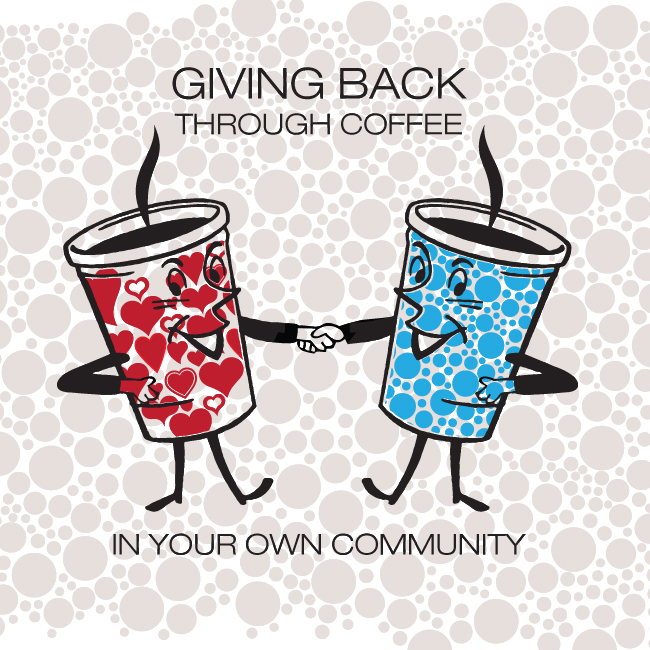
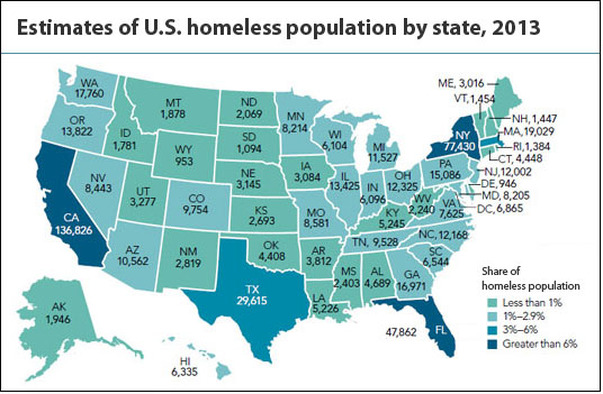
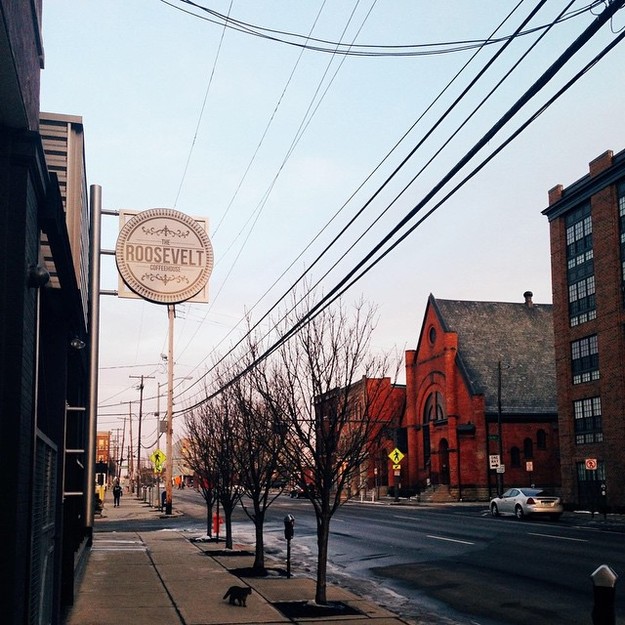
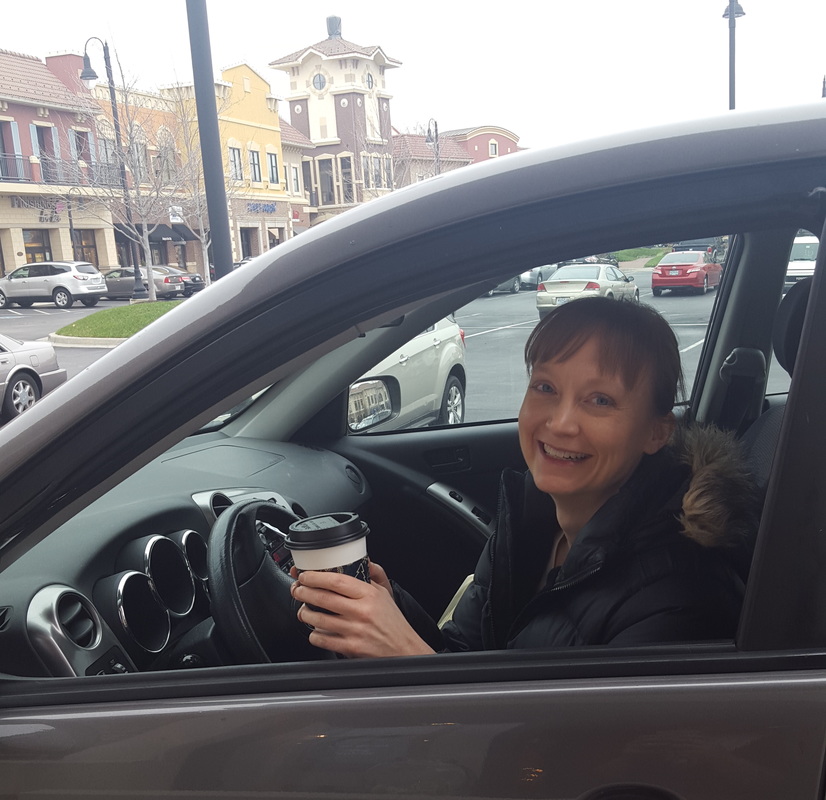
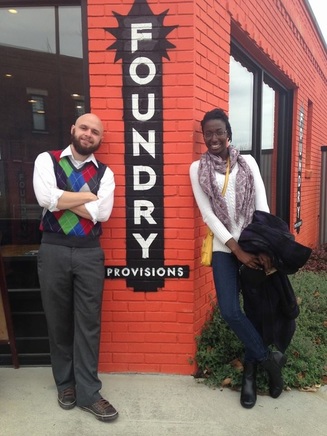
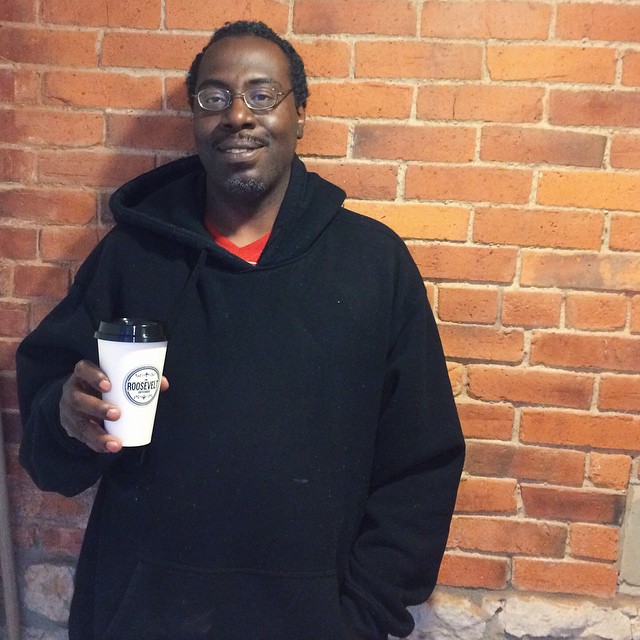
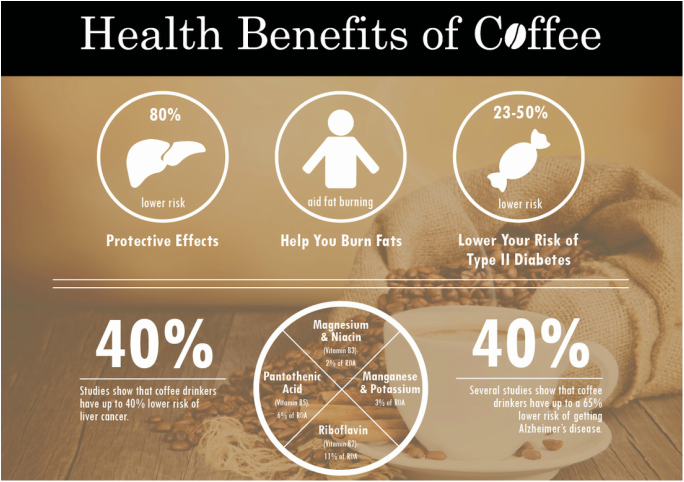
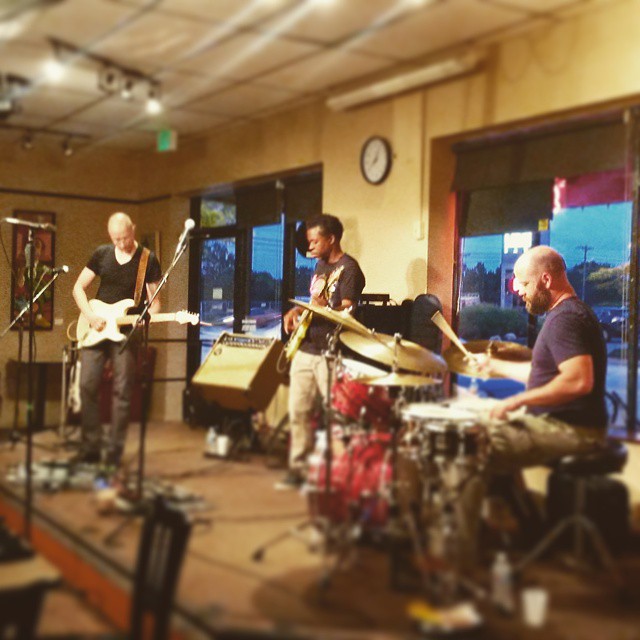
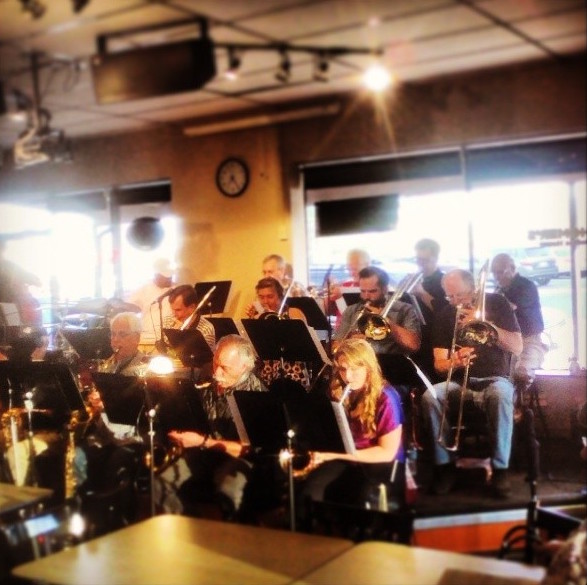
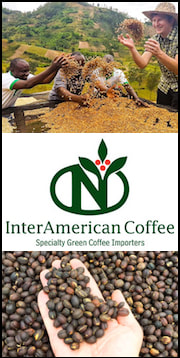
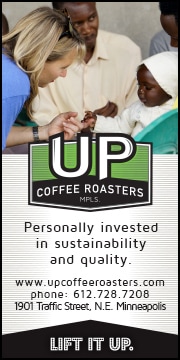
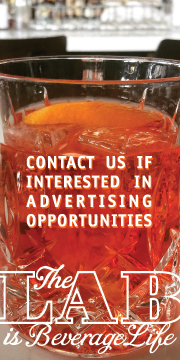
 RSS Feed
RSS Feed